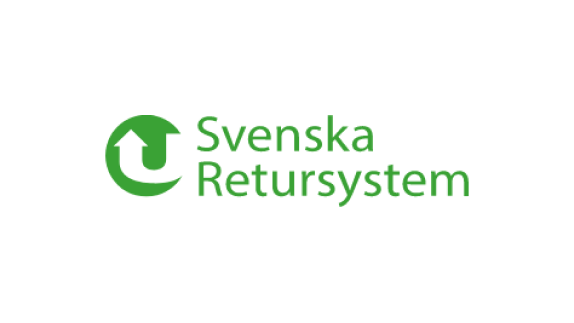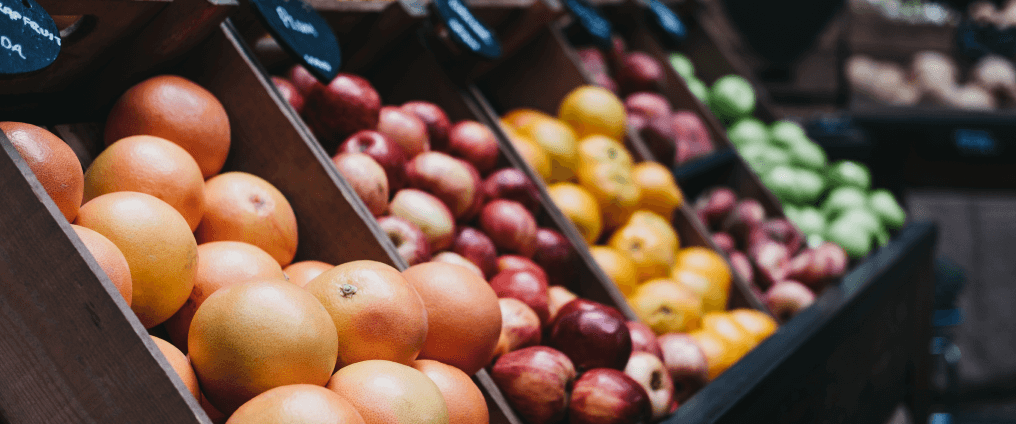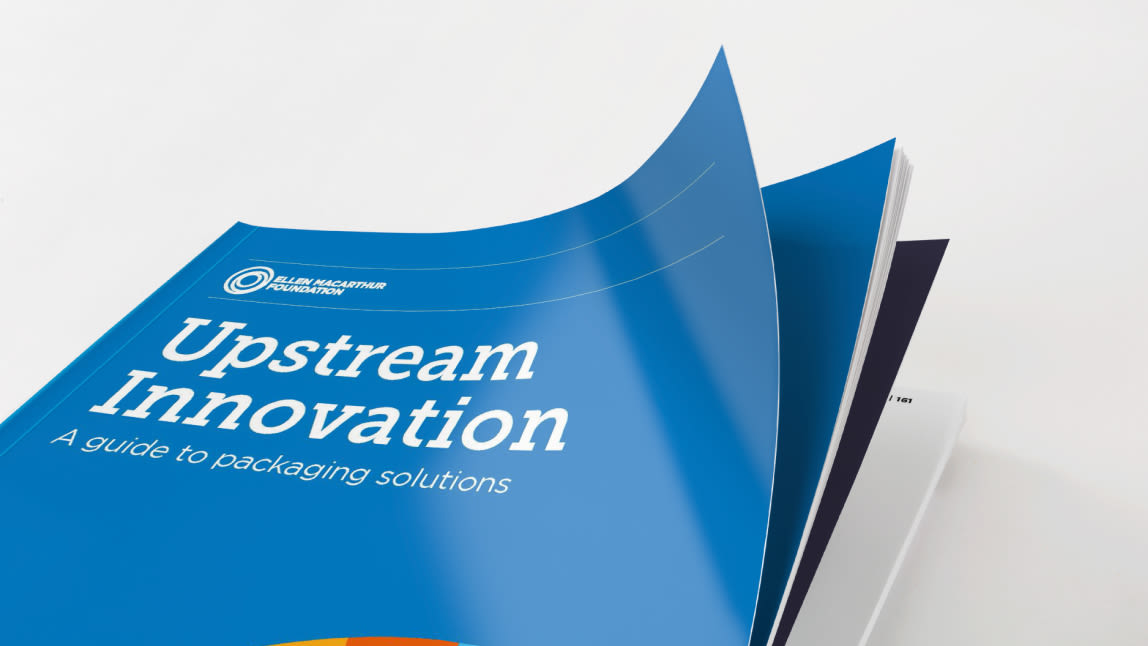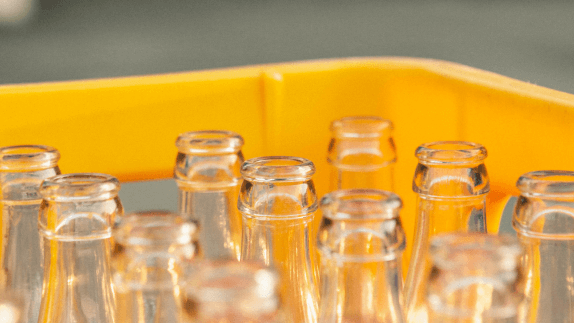
The Swedish Return System (SRS) is a shared system of reusable crates and pallets used by the country’s food and drinks industry. The B2B system was set up in 1997, and now has more than 1,500 participating businesses. The result is that over 50% of all fresh produce in Sweden is delivered in reusable packaging.
Businesses pay a user fee and/or daily rent to be part of the system, which is jointly owned by the Trade Association for Grocery of Sweden and the Swedish Food and Drinks Retailers Association.
Why it’s an example of the circular economy
The Swedish Return System replaces a fragmented model of single use cardboard or wooden crates, with a reusable packaging system, where pallets and crates can be used over and over again.
The pallets and crates:
are robust and lightweight
protect produce from damage
lower transport costs
increase ease of handling
In 2019, 150 million crates and 8 million pallets were cycled through SRS, significantly reducing packaging waste generated by the grocery industry.
The crates are very durable, on average lasting 15 years. When they can no longer be used, they can be recycled and turned into new crates.
The success of the system is due to industry wide collaboration and the high quality standardised design, which brings many business benefits to producers and retailers.
Benefits
Businesses operations are optimised as they can calibrate packaging systems accurately with precise crate dimensions.
Transport costs are reduced as the crates are lighter than traditional crates and there’s less food damage. (For example, egg breakages are reduced by 75%, when using SRS reusable crates).
As crates can be placed directly on shelves, the need for unpacking is eliminated, reducing labour in a typical store by 160 hours each year.
Each year, in comparison to cardboard packaging, the SRS eliminates 50,000 tonnes of material waste and reduces greenhouse gas emissions by 78%. That’s a total of 32,000 tonne fewer emissions generated by Sweden’s Food industry in 2019.




